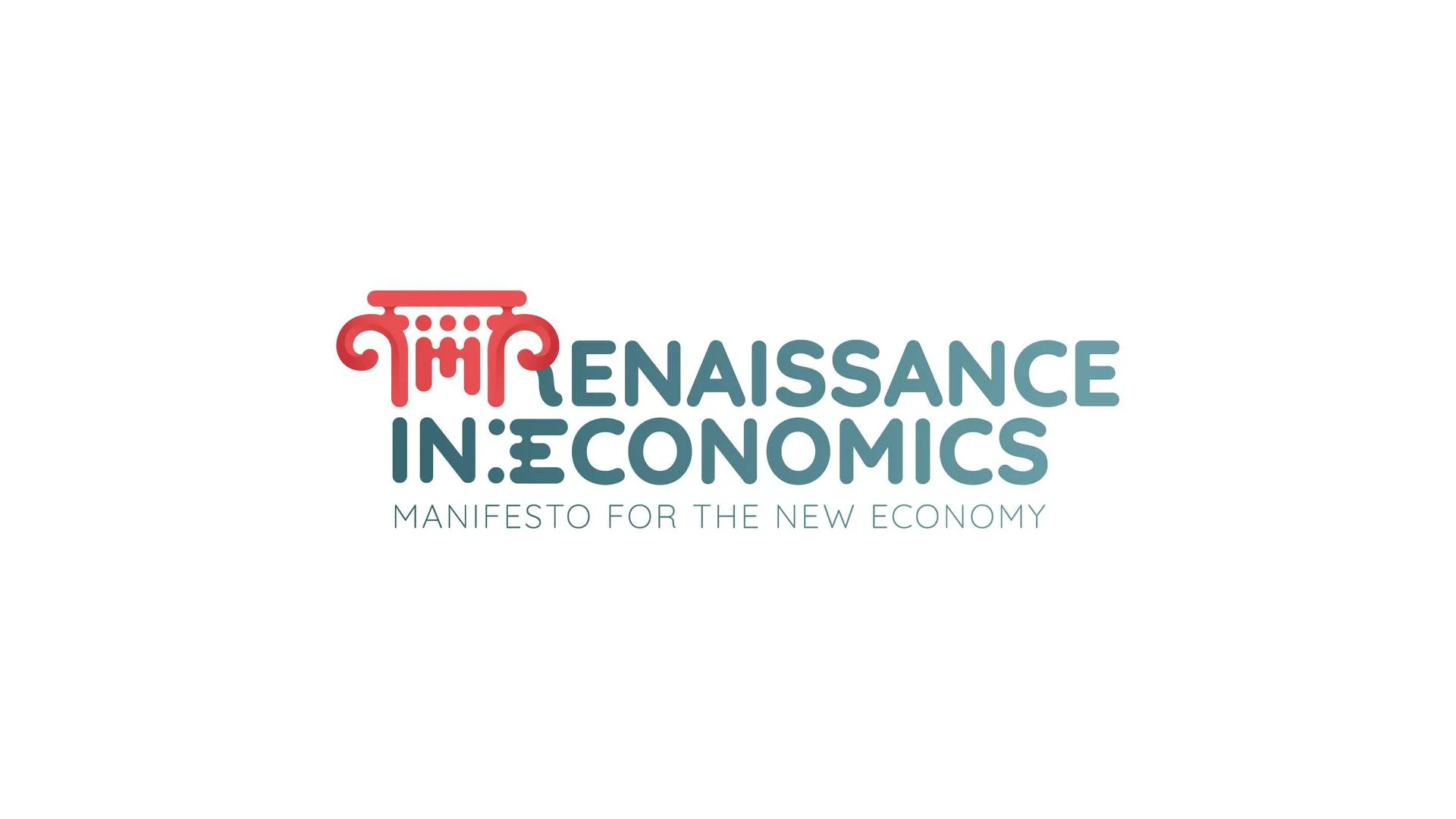The following article is archived and is no longer considered up-to-date. Please interpret its content in the context of the publishing date.

ARCHIVED
Which Academic Conferences Should You Attend?
Read a summary using the INOMICS AI tool
While we try to keep you up to date on top conferences around the world, for instance in two recent posts on 2014 conferences on econometrics and finance, sometimes it’s difficult to know which events are a good fit for you.
If you’re in the lucky position of being able to secure funding for every conference that you find interesting, then we certainly encourage broad attendance. For those of you not able to fly around the world on a regular basis, however, it would be helpful to have an outside metric to sift through the thousands of academic events happening every year.
So where exactly can one find such a tool? Right now, there is no global list of top conferences. Of course, compiling such a list would be quite difficult, as each discipline, sub-discipline and often sub-sub-discipline has its own slew of gatherings in countries across the globe. How can the importance of an Australian conference on soil analysis be compared to a Dutch conference on computer science?
The website conference-ranking.com does some side-by-side comparisons of conferences focusing on math, computer programming and certain types of engineering. They base their rankings on four criteria: connection with industries, convenience of location, quality of committee members and the ratio of acceptance papers. These criteria seem to allow for a rather high level of standardized comparison, making it possible to rank across fields. If too many conferences were compared against each other, however, it could create difficulty, particularly as three of the four criteria are rather subjective.
So where can one turn? First off, you can browse through the over 500 conferences listed on INOMICS, which are updated daily and are easy to sort using relevant factors like registration deadline and start date. We also recognize that many people attend conferences to network and engage in knowledge exchange. By subscribing to the INOMICS weekly email alerts, you can be kept up to date on new conferences and gain insight into which organizations are hosting which events.
Yet, we’re still left with an open question – what would be the best way to create a comprehensive ranking of academic conferences? Should the notoriety of speakers be taken into account? Or the reputation of the hosting or organizing institution?
We are curious about your ideas, so please leave feedback here or on Facebook!
Photo credit: uosltc
-
- Postdoc Job
- (Remote)
- Posted 3 weeks ago
Vacancy for a Postdoctoral fellow
At University of Ghent in Gent, Belgium
-
- Postdoc Job
- Posted 1 week ago
6-Year Postdoc with Option for a PermanentContract (f/m/d, 100%)
At ZEW – Leibniz-Zentrum für Europäische Wirtschaftsforschung GmbH Mannheim in Mannheim, Germany
-
- Conference
- Posted 6 days ago
Macroeconomic Policy in a Heterogeneous and Imperfectly Rational World - 6th Joint NBP-LB-CEBRA Biennial Conference
Between 24 Sep and 25 Sep in Warsaw, Poland














